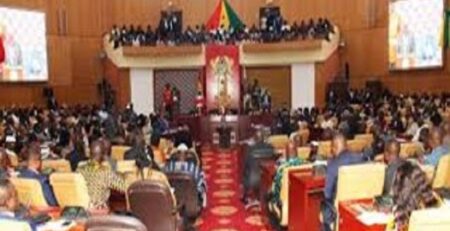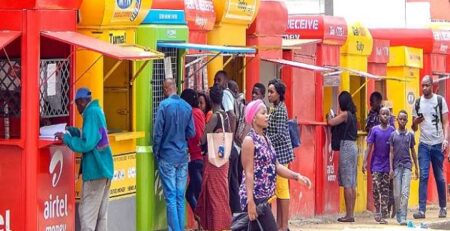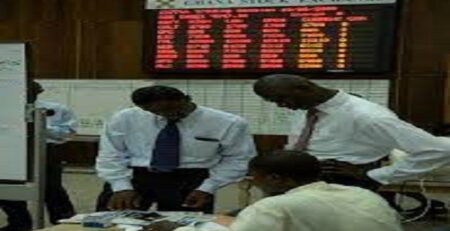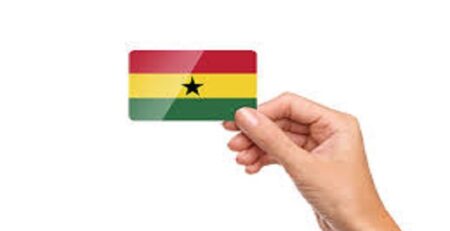Consumer confidence dips, business sentiments robust – BoG survey
The Central Bank’s latest confidence survey conducted in December 2021 showed that consumer confidence weakened due to recent increases in ex-pump petroleum prices and the announcement of new tax measures in the 2022 budget.
Business sentiments, however improved at the same period as a result of the achievement of short-term company targets and optimism about companies’ growth prospects.
Additionally, Ghana Purchasing Managers Index (PMI), which gauges the rate of inventory accumulation by managers of private sector firms and which measures dynamics in economic activity, increased for four consecutive months in the second half of 2021. This, the Bank of Ghana (BoG) said is a development which is consistent with the observation of a steady increase in economic activity.
These were contained in the latest BoG Monetary Policy press statement, which kept the policy rate unchanged at 14.5 per cent.

Economic activities dip
The Bank’s updated Composite Index of Economic Activity (CIEA), which tracks short term dynamics in economic activities recorded an annual growth rate of 10.2 per cent in November 2021 as compared to 11.9 per cent in November 2020.
The key drivers of economic activity during the period were increased by industrial production, consumption, exports, construction activities, and air-passenger arrivals.
Inflation rises from 7.5% to 12.6%
The Ghana Statistical Service monthly inflation reports shows that after falling to 7.5 per cent in May 2021, inflation increased throughout the second half of the year, ending December 2021 at 12.6 per cent.
Non-food inflation went up from 9.2 per cent in May 2021 to 12.5 per cent in December 2021. Food inflation over the same period rose sharply, moving from 5.4 per cent in May 2021 to 12.8 per cent in December 2021.
The Central Bank said the upward trajectory of inflation in the second half of 2021 reflected food supply challenges, rising crude oil prices, and some pass-through effects of exchange rate depreciation in the last quarter.
At 12.6 per cent for December 2021, headline inflation had moved outside the upper band of the medium-term target by 2.6 per cent.
Improvement of 4.4 months of import cover
Gross International Reserves as at December 2021 stood at US$9.7 billion (equivalent to 4.4 months of import cover). This compares with a reserve position of US$8.6 billion (4.0 months of import cover) at the end of 2020.
Gross Reserves have since increased to US$9.9 billion as at January 28, 2022, nothing that the strong reserve position provided some buffers for the local currency in 2021.
Ghana cedi depreciated by 4.1% in 2021 against US dollar but 3.5% against Euro
The Bank noted that cumulatively, while the Ghana Cedi depreciated by 4.1 per cent and 3.1 per cent against the US Dollar and Pound Sterling, respectively in 2021, the Ghana Cedi, appreciated by 3.5 per cent against the Euro.
In the same period of 2020, the Ghana Cedi recorded depreciations of 3.9 per cent, 7.1 per cent, and 12.1 per cent against the US Dollar, the Pound Sterling, and the Euro, respectively.
Banking sector performance robust
The Bank said performance of the banking sector in 2021 pointed to sustained growth in assets, deposits, and investments alongside improvements in the financial soundness indicators.
It said year in the year, total assets grew by 20.4 per cent to GH¢179.8 billion as at December 2021.
Asset quality however continued to reflect the general pandemic-induced repayment challenges as well as some bank-specific loan recovery challenges.
From the peak of 17.3 per cent in August 2021, the Non-Performing Loan (NPL) ratio eased further to 15.2 percent at end-December 2021. Comparatively, the NPL ratio was 14.8 percent in December 2020.
Source: finderonline














Leave a Reply